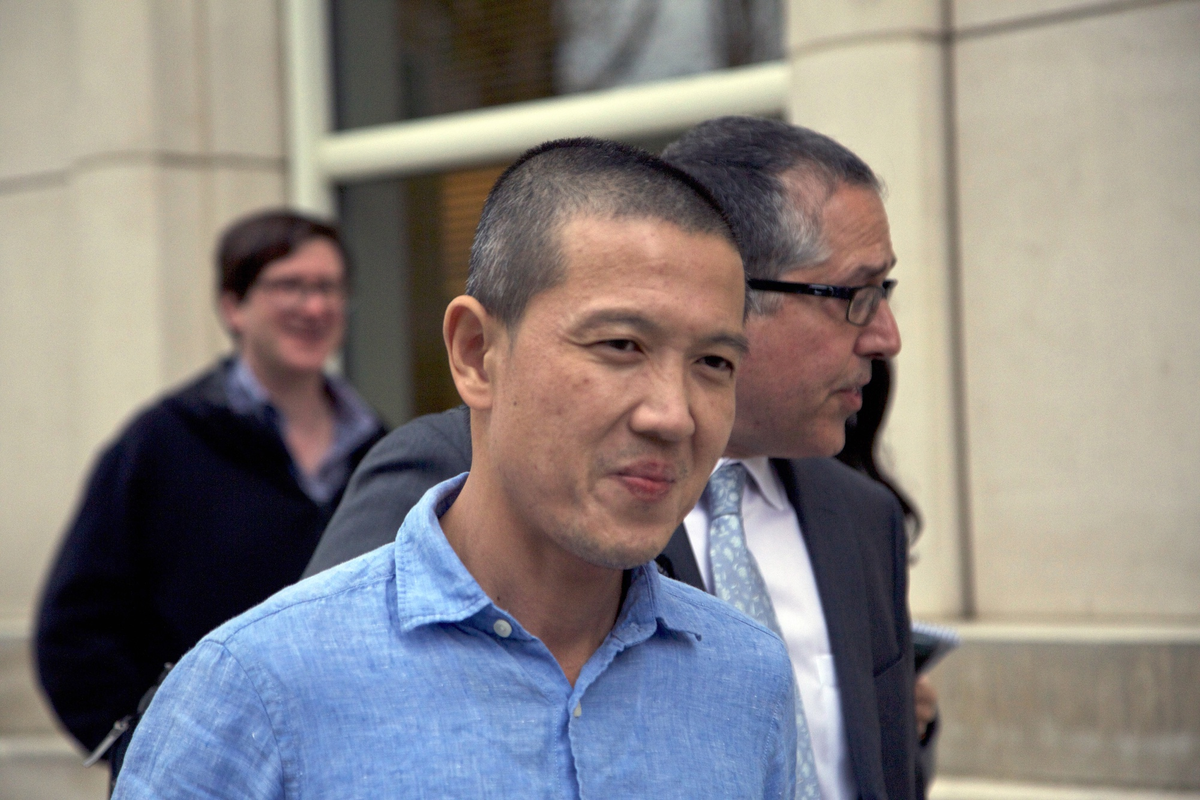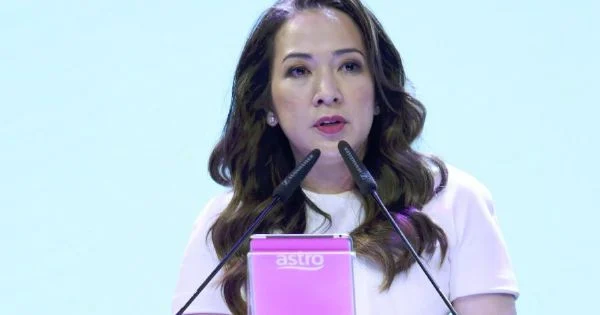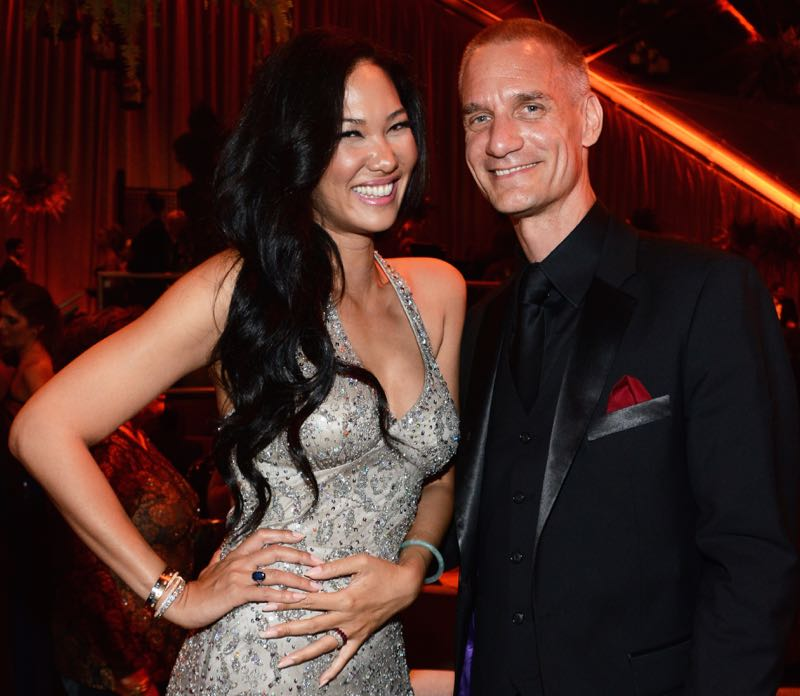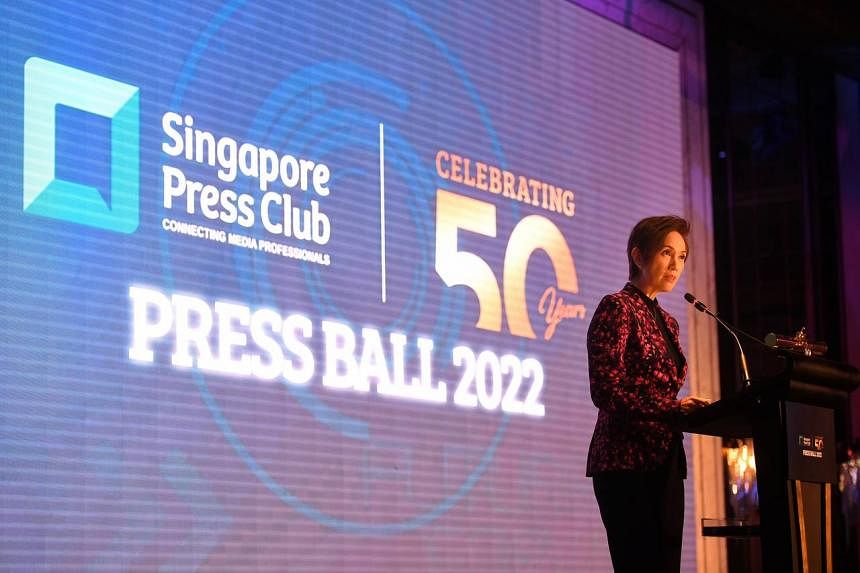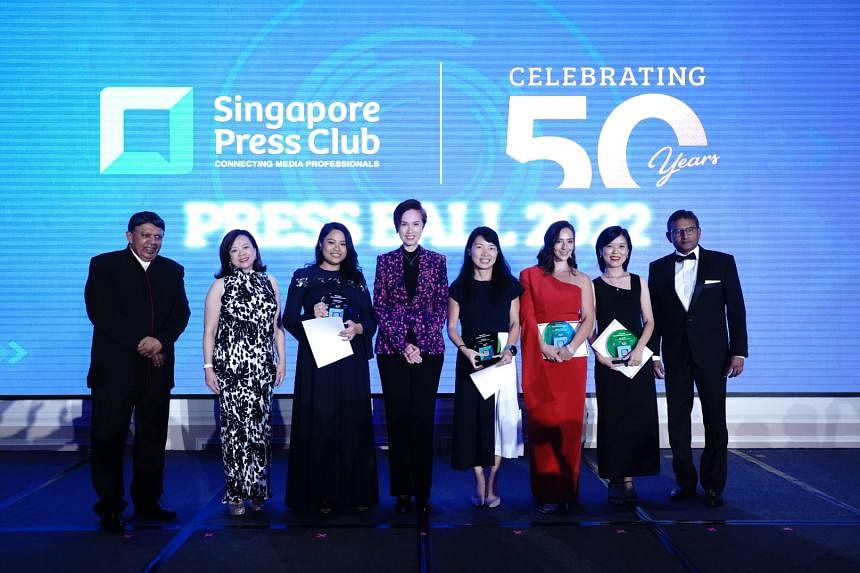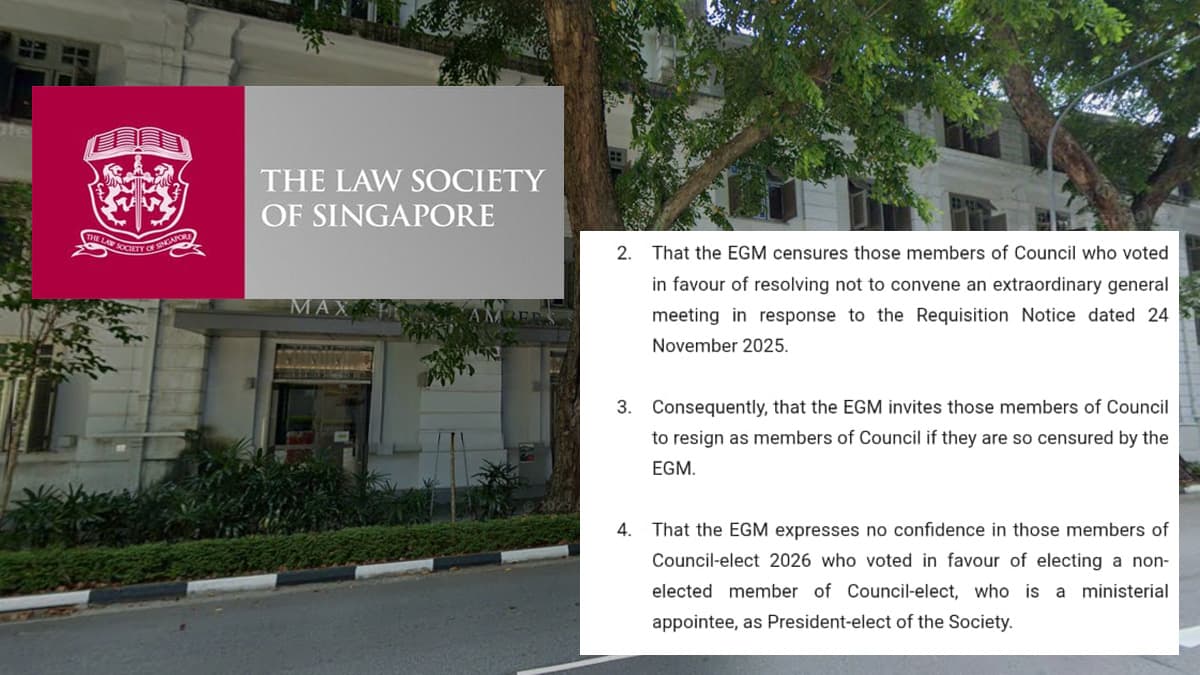GE2025: Singapore voters can’t afford to ignore harsh new global realities
National issues will dominate GE2025, but voters must heed global winds of change – and choose MPs who grasp how a small state can thrive.
Bhavan Jaipragas
At its heart, Singapore’s imperatives haven’t changed since 1965, though the paths to securing them must evolve with the times.PHOTO: LIANHE ZAOBAO
Apr 05, 2025
From now until the general election – which, by most accounts, seems just weeks away – conversations around dinner tables, over hurried lunches in CBD hawker centres, and at kopitiams on weekend mornings will likely revolve around the hot-button issues people can see and feel.
It’s not hard to guess what will be on the menu: Public housing – will HDB flats remain affordable? Cost of living – is the broad middle as well as those less well off getting enough help even as inflation tapers? And immigration – that perennial question of balancing the need to attract a diverse, high-quality foreign workforce while preserving and nurturing a strong Singaporean core.
That focus on tangible, day-to-day concerns is hardly surprising. It’s almost conventional wisdom, whether in our relatively subdued electoral climate or in places with fiercer politics, that local and national issues dominate.
When politicians try to steer the debate towards foreign policy or geopolitics, many voters simply glaze over, preferring bread-and-butter topics they can sink their teeth into and feel viscerally about.
Yet these are no ordinary times, and a broader perspective cannot be shrugged off. One could argue that voters ought to be nudged – perhaps even nagged – into thinking about the global stakes.
On a daily basis, we see signs aplenty that the international order we have known since World War II – certainly the environment Singapore has thrived in since independence – is coming undone.
Look no further than the last 10 weeks of President Donald Trump’s second stint in the White House, which amount to a self-induced vaporisation of American leadership. Add to that the ongoing US-China decoupling, likely to have far-reaching consequences for war and peace in our part of the world.
In the light of this, there’s a strong case that Singaporeans – when weighing up which candidates or political parties to support – should, on top of assessing whether they have adequate answers for immediate bread-and-butter challenges, also judge whether they possess the prescience and cognitive dexterity to navigate a fast-shifting global environment.
A Singaporean backbencher MP need not have the same foreign policy acumen as the prime minister or foreign minister, who is at the front row of high-stakes diplomacy, but he must still grasp what is fundamentally at stake and what it truly means to be an MP in a city state so plugged into the international economic grid.
Our core interests
So what exactly is at stake? At its heart, Singapore’s imperatives haven’t changed since 1965, though the paths to securing them must evolve with the times. The core question remains: How does a tiny red dot stay relevant in a world that has no obligation to care?
For a concise articulation of these imperatives, one might turn to the nation’s founding father, the late Mr Lee Kuan Yew, who alongside his peers, including the Republic’s first foreign minister S. Rajaratnam, shaped Singapore’s foreign policy fundamentals.
In his
2009 S. Rajaratnam Lecture, one of his last major foreign policy addresses, Mr Lee stated plainly: “Singapore cannot take its relevance for granted. Small countries perform no vital or irreplaceable functions in the international system.” He continued: “Singapore has to continually reconstruct itself and keep its relevance to the world and to create political and economic space. This is the economic imperative for Singapore.”
That speech remains a tutorial on Singapore’s foundational interests. For those who were politically sentient in the 2000s and before, when Mr Lee was still active, his refrain will be familiar. He consistently exhorted Singaporeans to repress insular instincts and develop global and regional savvy – to know that at the core of being Singaporean is to accept that the island’s sovereignty is not preordained and the reality of its permanent vulnerability cannot simply be wished away.
For newer Gen Z voters, that 2009 speech is worth reading, as a core reality check for a small, multiracial, meritocratic city state in a region whose neighbours have different organising principles.
Uncertainty is a constant
These fundamentals matter more now, when uncertainty is the only certainty. One might note that Singapore has defied countless odds – our GDP per capita at independence hovered around US$500; today it exceeds US$63,000 (S$84,000) – and much of that success has been built on integrating into and thriving within a stable global order. But that order is no longer assured.
The next Parliament will grapple with sweeping geopolitical changes that strain the global trading system – most visibly from a White House that defines American interests narrowly, embraces tariffs as policy instruments, and approaches foreign relations in a transactional manner.
The sweeping
new reciprocal tariffs Mr Trump imposed on April 2 – affecting Singapore significantly too – as part of his “Liberation Day” plan won’t just affect trade flows; they’ll eventually constrict investment patterns too. This is not a small thing – the US is not just an important defence partner and arms exporter – that we all know from gazing at our gleaming fighter jets at National Day Parade and Air Force Open House, but also, the biggest source of foreign direct investment in Singapore.
As Senior Minister Lee Hsien Loong cautioned in
his March 24 Singapore Maritime Lecture, we seem to be slipping into a situation reminiscent of the interwar years, when the US imposed steep tariffs during the Great Depression, feeding political pressures that contributed to the road towards World War II. In the Pacific theatre, it was the American embargo on petroleum and rubber exports to Japan that set the stage for Pearl Harbour.
Dealing with China, South-east Asian neighbours
The challenge extends beyond American protectionism. Singapore will need particular skill to maintain productive relations with the world’s other superpower, China, where officials and commentators, like everyone else, appear to be debating whether Mr Trump’s return is an opportunity or threat – “the most urgent question in world politics” as The Economist suggested this week.
If the coming US-China trade confrontation proves deeper and more systemic than during Mr Trump’s first term – as early signals suggest – small states like Singapore risk being caught in the crossfire, forced to make increasingly difficult choices with significant costs on either side.
As Washington’s erratic foreign policy continues – and likely beyond it – Singapore will have to assiduously maintain good ties with Beijing, its largest trading partner. Yet this balancing act comes with its own complexities.
With countries like China, as well as India and South-east Asian nations with which Singapore shares ties of kinship through its ethnic groups, there persists a challenge: reminding their respective governments that Singapore is not an extension of their influence, but a sovereign entity with its own distinct identity – a syncretic form, not simply a smaller version of them transplanted elsewhere.
US President Donald Trump and Chinese President Xi Jinping at the G-20 summit in Osaka in 2019. If the US-China trade confrontation proves deeper and more systemic than during Mr Trump’s first term in office, small states like Singapore risk being caught in the crossfire.PHOTO: REUTERS
With Singapore’s immediate neighbours Malaysia and Indonesia, ties require especial, careful attention. Areas of difference must be addressed incrementally but steadily – as evidenced by the March 2024 implementation of three agreements with Indonesia on airspace management, defence cooperation and extradition, which resolved longstanding sensitive issues in bilateral relationships dating back decades.
Yet Mr Lee Kuan Yew’s observation in his 2009 speech remains prescient: While time may have smoothed many of the sharper edges in our relations with neighbouring countries and they have accepted Singapore’s sovereignty, they retain a tendency to externalise their internal anxieties and project domestic tensions with their own minorities onto us.
At the multilateral level, Singapore faces another challenge as the US-led international rules-based order appears to be undermined by its very architect. This makes it all the more critical for Singapore to ensure forums like Asean and the Forum of Small States remain relevant. Though small states’ voices are weak individually, collectively these platforms allow Singapore and its peers to amplify their influence – making common cause in a world where great powers seem inclined to set one rule for themselves and another for the rest.
Navigating this complex web of relationships demands leaders across the political spectrum with both domestic policy chops and a worldly instinct for how small states survive in the jungle of today’s geopolitics.
Insularity is regression
One has to assume the People’s Action Party will emphasise these global stakes heavily in its election campaign, even as it highlights its domestic policies and achievements and defends itself against opposition attacks.
After all, it cannot be denied that six decades of adroit Singapore foreign policy – widely recognised internationally and praised as recently as in March
by Belgian King Philippe during President Tharman Shanmugaratnam’s state visit – is, in essence, PAP policy.
Past elections have shown foreign affairs can loom large in the PAP’s messaging. A prime showcase of the party’s broad strategic outlook has long been the “Fullerton Rally”, the lunchtime gathering traditionally held near the old Fullerton Square – and now a five-minute walk away at UOB Plaza in Boat Quay – midway through the campaign. The Prime Minister’s speech there is closely watched not just by crowds of CBD workers – a catchment of “middle Singapore” – but also by international media and, by extension, global investors.
In the 2020 Covid-era polls, SM Lee delivered an online version of this rally, underscoring big-picture stakes even as the country grappled with a once-in-a-generation health crisis. In 2015’s Fullerton Rally, too, he highlighted how life is never easy for a small country, pointing to terrorist threats, the possible effects of internal political tensions in Malaysia, and persistent views in Indonesia that Singapore needed to know its place relative to its larger neighbour.
More on this Topic
Where the parties stand on key issues ahead of GE2025Proposals 3 parties in Parliament have put up to deal with cost-of-living pressures
For some opposition figures and commentators, the mere suggestion that voters consider such global realities is often waved away as a scare tactic – an attempt to herd the electorate back to the perceived safety of the only ruling party Singapore has ever had. Some even dismiss any discussion of global uncertainty as PAP “psyops” aimed at stoking fear.
But to frame these issues purely as partisan scaremongering is to underestimate the agency and discernment of Singapore’s 2.75 million voters. Indeed, the evidence does not suggest looming external threats automatically translate into a resounding PAP victory. The 2020 polls bear this out: even amid the worst crisis since independence, the opposition notched its biggest electoral gains since the 1960s.
On the other hand, serious, electable opposition parties would be wise to show they, too, grasp that Singapore’s external relationships profoundly shape domestic outcomes.
If they can articulate a nuanced view of international affairs – acknowledging that good ties hinge on more than goodwill or personal relationships, and recognising that a small country must secure as many friends as possible while preserving its autonomy – they will signal to voters they are serious contenders.
In the current situation, this means having considered positions on the challenges ahead: for instance, how Singapore should respond to Mr Trump’s reciprocal tariffs, and how it can build on existing cooperative relationships with China and other regional economies to blunt the impact of what appears to be a nasty global trade war on the horizon.
Doing this will demonstrate true range beyond purely domestic critiques. It also serves as a natural filter, separating serious challengers to the PAP from the chancers and fantasists who’ll inevitably contest – those who fundamentally misunderstand Singapore’s unique position in the world.
Ultimately, voters – both the firmly decided and the still wavering – must weigh this global dimension when judging candidates’ fitness for Parliament. Bread-and-butter issues matter deeply, but they do not exist in splendid isolation. Inward-looking politics is a luxury Singapore, of all places, cannot afford.
Far from scaremongering, this is simply cold reality: A city state that fixates only on its domestic concerns risks being blindsided by the global currents that have, throughout history, made and unmade nations far larger and more powerful than our own.

